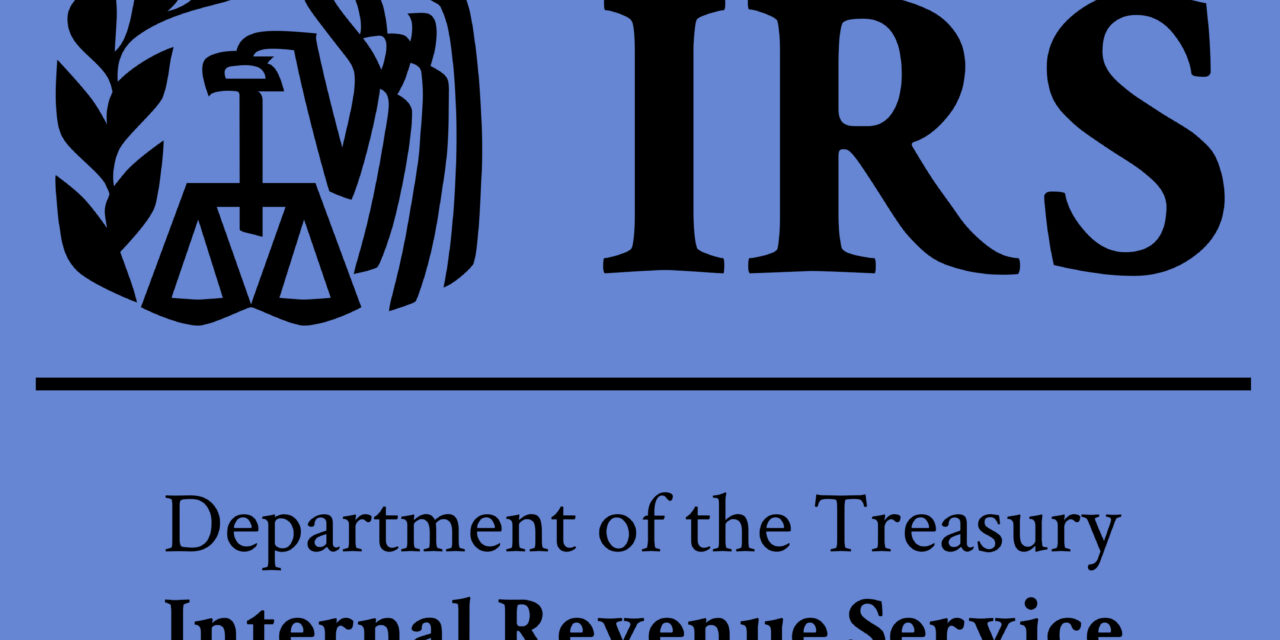The IRS doesn’t just collect taxes. It generates revenue for the United States, often at a return that would make Wall Street jealous. Yet, some politicians push to shrink its budget, arguing it’s too expensive or too aggressive. But here’s the truth: weakening the IRS doesn’t reduce waste—it loses money.
The IRS Brings in Far More Than It Costs
The IRS has one job: collect taxes owed to the government. And it does that job well. In 2022 alone, the agency brought in $4.9 trillion in tax revenue. The cost to run the IRS that year? Just $14.1 billion. That’s a return on investment (ROI) of about 350 to 1.
Let’s put that in perspective. If a business spent $1 and got back $350, they wouldn’t cut spending. They’d invest more.
Tax Enforcement Pays Off—Big Time
A major part of the IRS’s job is tax enforcement. When audits happen, unpaid taxes are collected. In 2021, tax enforcement efforts brought in $68 billion. That’s nearly five times the entire IRS budget.
Yet, for years, IRS funding has been slashed, leading to fewer audits—especially for the wealthy. According to a 2022 report, the audit rate for millionaires dropped by over 70% in the last decade. That’s not because the wealthy suddenly became more honest. It’s because the IRS doesn’t have enough staff.
Trump’s IRS Cuts Make No Fiscal Sense
If balancing the budget is the goal, cutting the IRS is the wrong move. But under Trump, that’s exactly what happened. Between 2010 and 2020, IRS funding dropped by 20%, leading to a 30% cut in staff. The enforcement division—responsible for catching tax cheats—took the biggest hit.
Wealthy Americans, who have the means to hide money in offshore accounts and complex business structures, became harder to audit. Meanwhile, tax fraud increased. The Treasury Department estimates that underfunding the IRS costs the U.S. over $600 billion per year in uncollected taxes.
So, what did Trump do next? He passed huge tax cuts for the wealthy in 2017, lowering corporate tax rates and slashing taxes for top earners. The result? The federal deficit ballooned.
The Wealthy Are Already Paying Historically Low Tax Rates
Tax rates for the richest Americans are lower than they’ve been in decades. The top 1% pay an effective tax rate of about 23%—far lower than they did in the 1950s, when they paid over 50%.
Meanwhile, billionaires like Jeff Bezos and Elon Musk have gone years without paying a single dollar in federal income tax. They use legal loopholes to report little to no taxable income, despite their massive wealth.
Investing in the IRS Is a No-Brainer
Every dollar spent on tax enforcement brings in multiple dollars in return. Restoring IRS funding doesn’t just pay for itself—it reduces the deficit. Cutting it? That just hands more money to tax cheats.
If the goal is truly to balance the budget, defunding the IRS is a mistake. And giving even more tax breaks to the rich? That’s just making the problem worse.

